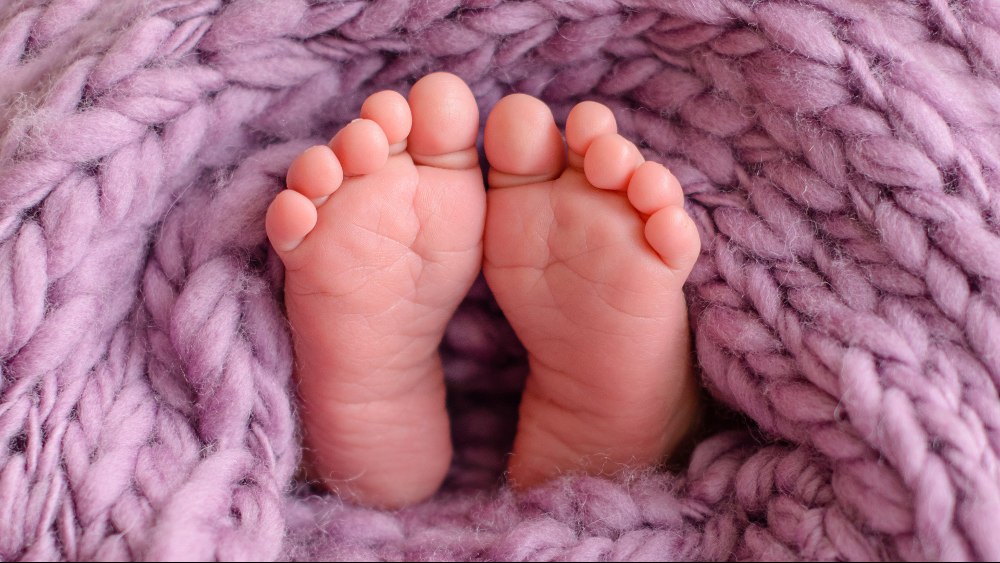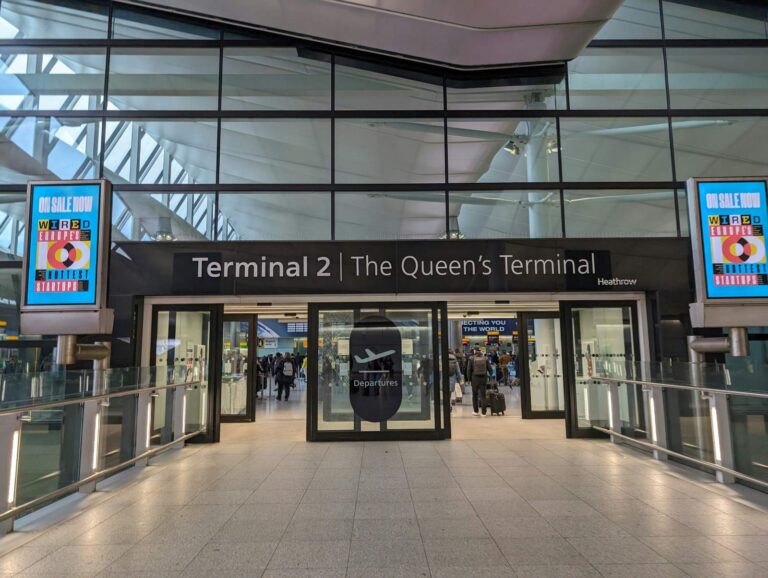Table of Contents
At Centro de Fertilidad Barcelona, the team is dedicated to providing personalised and expert fertility care to help individuals and couples achieve their dreams of parenthood, even beyond the age of 50. Under the leadership of Dr Michela Benigna, a Reproductive Medicine Specialist with 30 years of experience, the clinic has successfully guided many patients through their fertility journeys. Here, three inspiring patient case studies demonstrate the comprehensive and tailored approach to achieving pregnancy over the age of 50.
Pregnancy over 50 and Menopause
Achieving pregnancy over the age of 50, especially for women who are in menopause, presents unique challenges. Menopause signifies the end of a woman’s natural reproductive years, making it impossible to conceive without medical intervention. At Centro de Fertilidad Barcelona, the use of advanced reproductive technologies, such as egg donation and hormone therapy, plays a crucial role in overcoming these challenges. The clinic’s approach includes thorough diagnostic evaluations, personalised treatment plans, and continuous monitoring to ensure the best possible outcomes for women in menopause seeking to become mothers.

Patient Case Study no. 1
Patient background
A 52-year-old single woman in menopause sought treatment after five unsuccessful double donation blastocyst transfers. These previous attempts included a biochemical pregnancy and a clinical pregnancy, which ended in miscarriage at the seventh week. The patient, with a BMI of 21.7, was healthy, did not take any medications, and did not smoke or drink alcohol.
Diagnostic findings
During her first visit, she presented results from thrombophilia and autoimmune screenings, showing positivity for anti-cardiolipin antibodies and anti-beta-2-glycoprotein antibodies. A previous diagnostic hysteroscopy revealed a normal and well-distensible uterine cavity, and a negative endometrial biopsy. A new biopsy was required for histological examination and endometrial culture, prepared with oestrogen (Progynova 6 mg/day). The histological examination was negative for plasma cells, while the endometrial culture revealed Candida Albicans and Enterococcus faecalis. Antibiotic therapy with Fluconazole 200 mg and oral probiotics was prescribed.
Protocols and procedures
The patient underwent a test cycle with Progynova, Aspirin, and Folina for 28 days. A gynaecological ultrasound on the ninth day showed a trilaminar endometrium with a thickness of 10 mm, and an endometrial biopsy was performed. From the 20th to the 28th day of the cycle, Progeffik 200 mg vaginal ovules were added.
Before the embryo transfer
After suspending Progynova and Progeffik, her cycle resumed, and she restarted therapy with Progynova, Folina, and Aspirin. A follow-up ultrasound revealed a 12 mm trilaminar endometrium. The transfer was scheduled for the 15th day of the cycle, with added Progeffik and a subcutaneous injection of Prolutex. Clexane injections were also introduced.
The embryo transfer
A blastocyst from a double donation, frozen on the fifth day of development with a morphological score of 5AB, was thawed and survived the devitrification process. The transfer was carried out under ultrasound guidance.
After the embryo transfer
Twelve days later, a beta-HCG test indicated a positive pregnancy. The patient maintained her therapy, and subsequent beta-HCG tests showed healthy progression. An ultrasound at 15 days post-transfer confirmed a single gestational chamber with a heartbeat. A fetal DNA test at 12 weeks revealed a healthy male fetus. The patient gradually discontinued medications as recommended and is currently in the 20th week of a healthy pregnancy without signs of gestational diabetes or hypertension.
Doctor’s perspective
Dr Michela Benigna says:
“In-depth pre-treatment assessments and customised protocols are crucial for successful embryo donation outcomes. High-quality embryos and personalised care can lead to a success rate of 60% in such cases.”
Patient Case Study no. 2
Patient background
A 51-year-old woman and her 52-year-old husband came to Centro de Fertilidad Barcelona after ten years of unsuccessful fertility treatments, including five cycles of homologous IVF-ICSI and two cycles of egg donation. Despite normal seminal analysis results for the husband, they never achieved a positive pregnancy test. Both had slightly elevated BMIs and no significant medical issues.
Diagnostic findings
Further investigations into the male factor were recommended, including sperm DNA fragmentation and FISH tests. For the woman, a new hysteroscopy, endometrial biopsy, and thrombophilic and autoimmune screenings were advised. Additional tests included a glycaemic and insulinaemic curve and weight reduction through a nutritionist-supervised diet.
Protocols and procedures
The diagnostic hysteroscopy showed a normal uterine cavity, and endometrial biopsy results were negative. Thrombophilic screening revealed hyperhomocysteinaemia with a homozygous MTHFR gene mutation, treated with Prefolic and Clexane. Autoimmune screening showed slight positivity for anti-cardiolipin and anti-thyroperoxidase antibodies, requiring aspirin and cortisone therapy. Sperm DNA fragmentation was slightly elevated, treated with antioxidants and FertileChip selection during donor egg retrieval. The FISH test was negative. PGT-A was recommended for embryos due to their long infertility history.
Before the embryo transfer
A 27-year-old donor was selected, yielding nine mature oocytes. Eight were fertilised, resulting in five blastocysts, three of which were euploid. The patient began endometrial preparation with Progynova, Prefolic, Aspirin, Deltacortene, and Clexane. An ultrasound showed a trilaminar endometrium. The transfer of one euploid blastocyst was scheduled, with additional progesterone and cortisone therapy.
The embryo transfer
The embryo transfer was successful, and a beta-HCG test eleven days later confirmed pregnancy. Subsequent beta-HCG tests showed healthy progression. An ultrasound confirmed a single gestational chamber with a heartbeat. A fetal DNA test at 12 weeks revealed a healthy female fetus. The patient gradually discontinued medications as recommended and delivered a healthy baby girl via caesarean section at 38 weeks and 2 days.
Doctor’s perspective
Dr Michela Benigna explains:
“When carrying out an egg donation process with the partner’s sperm, it’s essential for the partner to have an andrological consultation and thorough testing. Detailed assessments and personalised protocols are key to overcoming repeated treatment failures.”
Patient Case Study no. 3
Patient background
A 52-year-old woman and her 56-year-old partner came to the clinic after four years of trying to conceive. They had previously undergone two cycles of egg donation with cryopreserved oocytes. The woman had regular cycles and a normal BMI, with a history of Hashimoto’s Thyroiditis treated with Eutirox. The partner had mild asthenoteratozoospermia but no significant medical issues.
Diagnostic findings
Sperm DNA fragmentation and FISH tests were recommended for the partner, and comprehensive thrombophilia and autoimmune screening for the woman. An immunologist consultation and endometrial biopsy for receptivity testing, histological examination, and culture were also advised.
Protocols and procedures
Tests on the seminal sample were negative. The endometrial receptivity test indicated a pre-receptive endometrium, requiring specific progesterone exposure before transfer. Histological examination showed simple glandular hyperplasia, treated with progestin therapy. After three months, a control biopsy showed a normal endometrium. Autoimmune screening revealed positive ANA and coeliac disease antibodies, prompting a gluten-free diet.
Before the embryo transfer
A 25-year-old donor was selected. The woman began endometrial preparation with Progynova and Deltacortene. Ultrasound monitoring showed a suitable trilaminar endometrium, and her TSH levels were stabilised with adjusted Eutirox doses. On the 15th day of preparation, the donor’s oocyte retrieval yielded seven mature oocytes, leading to two good-quality blastocysts, one of which was transferred.
The embryo transfer
The embryo transfer was successful, and a beta-HCG test ten days later confirmed pregnancy. Subsequent beta-HCG levels showed healthy progression. An ultrasound confirmed a single gestational chamber with a heartbeat. A fetal DNA test at 12 weeks revealed a healthy male fetus. The patient gradually discontinued medications as recommended and delivered a healthy baby boy at 39 weeks.
Doctor’s perspective
Dr Michela Benigna advises:
“In our practice, the immunological factor is increasingly recognised as important. Detailed medical histories and immunologist consultations can lead to personalised protocols that significantly enhance treatment outcomes.”
These case studies reflect the commitment to personalised, comprehensive care at Centro de Fertilidad Barcelona. With expert guidance and tailored treatments, the team helps patients achieve their dreams of parenthood, even beyond the age of 50. If you are 50 or approaching this age and have been trying to become parents without success, reach out to Centro de Fertilidad to explore a personalized treatment protocol designed for you.




